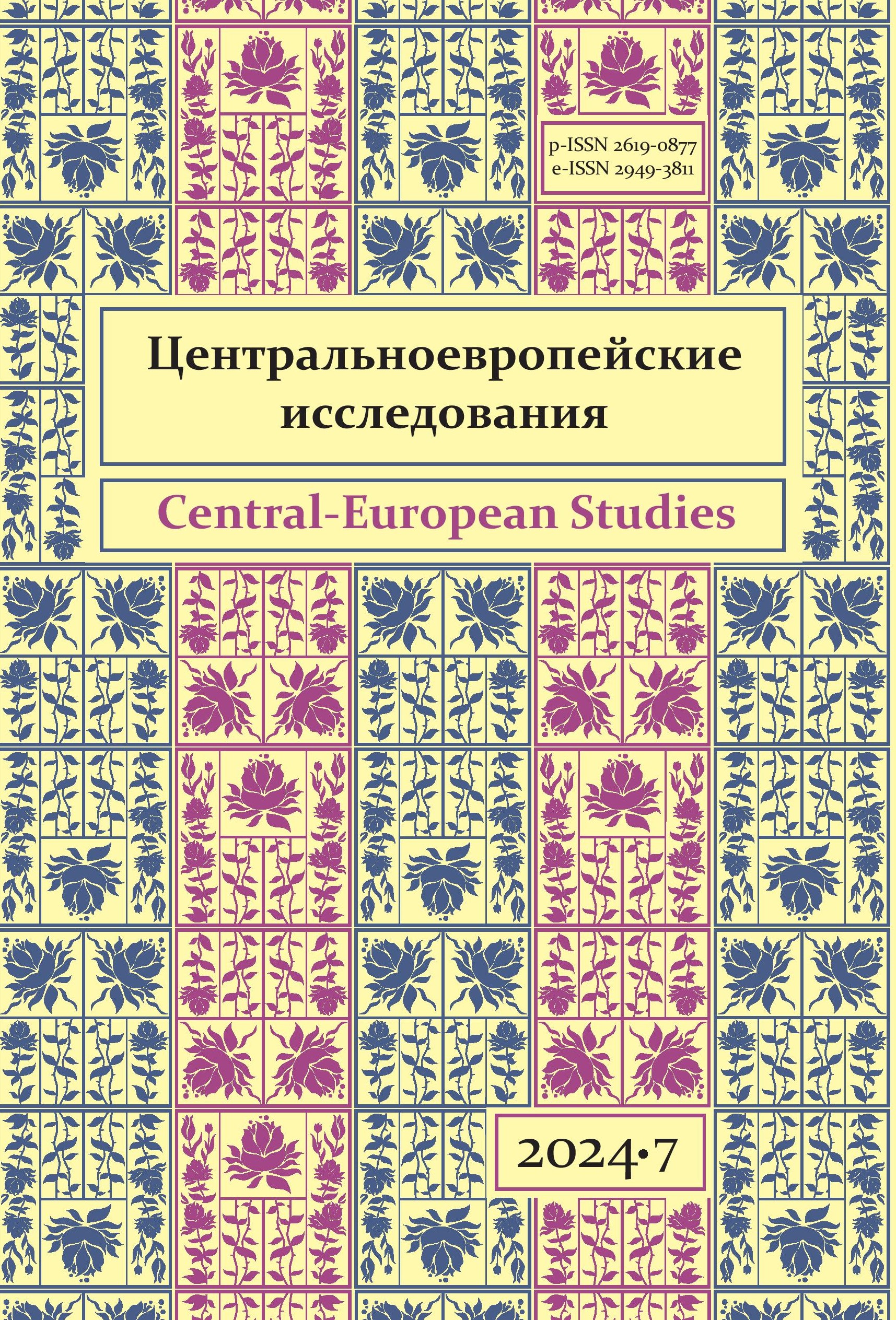Some Aspects of Soviet-German Economic Relations and David Kandelaki’s Mission (1935-1937):
Towards the Questionof Correlation Between Politics and Economy
DOI:
https://doi.org/10.31168/2619-0877.2024.7.7Keywords:
USSR, Germany, Stalin, Hitler, Maxim M. Litvinov, David V. Kandelaki, Hjalmar Schacht, politics, economy, antagonistic goals, symbiosis of interestsAbstract
In the middle of the 1930s, Stalin decided to intensify trade and economic relations with Germany in order to obtain long-term loans to finance mainly supplies of military and dual-use products. At the same time, the Nazi regime, despite its anti-Soviet foreign policy, was interested in establishing stable economic ties with Moscow, as it was experiencing an increasing dependence of the German economy on supplies of strategic raw materials from the USSR. The combination of these factors predetermined the Kremlin’s decision to entrust the Trade Representative in Germany David V. Kandelaki with a special mission, which was not limited to solving economic problems, but also included the creation of an atmosphere of trust, which is so crucial for negotiations on the supply of sensitive military products. At the same time, long-term loans would be a significant guarantee of the sustainability of such relations. According to Stalin's plan, all this was to be a preparatory stage for political negotiations with the German leadership. Actively contributing to the implementation of the five-year loan granted to the USSR in 1935, Kandelaki achieved serious concessions from the German side, including the agreement to supply some military products previously prohibited to export to the USSR. However, all the attempts by the Trade Representative to ensure the solution of the political problem, conditioning further expansion of economic relations with Berlin’s consent to negotiations on a political settlement, led to nothing. The reason for this was the unrealistic tasks set by Stalin, ignoring the “Hitler factor” and his political and ideological attitudes that determined the nature of German-Soviet relations.



